3 min read
Top 10 Priorities for State Chief Information Officers
More than halfway through 2025, state Chief Information Officers (CIOs) continue to navigate a dynamic landscape of technological advancements and...
3 min read
Alex Davis : Feb 3, 2025 4:53:12 PM
.png)
The Cybersecurity Maturity Model Certification (CMMC) 2.0 is a critical framework designed to safeguard sensitive information within the Defense Industrial Base (DIB).
While higher levels of CMMC focus on Controlled Unclassified Information (CUI), Level 1 (also known as “Basic Cyber Hygiene”) is specific to protecting Federal Contract Information (FCI).
But what organizations need to comply with CMMC 2.0 Level 1? Let’s explore who is affected by this requirement and what compliance repsonsibilities come with it.
If your organization directly handles FCI (or you work with partners who do), you are likely required to meet the standards of CMMC 2.0 Level 1.
FCI refers to any non-public information provided by or generated for the federal government under a contract. While FCI doesn't include classified information, it still requires protection from unauthorized access to prevent potential risks to federal operations.
Prime contractors are the organizations that directly engage in contracts with federal agencies, specifically the Department of Defense (DoD).
If your business handles FCI as part of these contracts, compliance with CMMC 2.0 Level 1 is considered mandatory.
Examples include:
Subcontractors often work under prime contractors to fulfill specific parts of a federal contract. Even if your business does not directly handle FCI, you may be required to comply if your prime contractor flows down cybersecurity requirements.
Examples include:
MSPs that provide IT support or managed security services to federal contractors are increasingly expected to achieve CMMC compliance. If you manage systems that store or transmit FCI on behalf of a client, you fall under the compliance umbrella.
Companies providing software, hardware, or other tools to federal contractors may also need to comply. For example, a cloud storage provider hosting FCI must demonstrate it meets CMMC 2.0 Level 1 standards.
Legal, financial, or other consulting firms working with federal contractors may handle FCI indirectly. These firms need to comply to maintain their eligibility to provide services to the DoD or its contractors.
In addition to organizations that directly handle FCI, businesses that support clients working with federal contracts may also need to comply. These organizations often handle or access FCI as part of their service delivery, making compliance essential to retain their clients.
For example:
By demonstrating compliance, these businesses can maintain trust and secure their place in the federal contracting ecosystem.
Organizations required to comply with CMMC 2.0 Level 1 must:
Failure to comply with CMMC 2.0 Level 1 can have significant consequences:
CMMC 2.0 Level 1 compliance is essential for businesses that handle FCI directly or indirectly. Whether you are a prime contractor, subcontractor, or service provider supporting federal clients, adhering to these cybersecurity standards is crucial for securing contracts, maintaining partnerships, and protecting sensitive information.
By understanding your responsibilities and taking proactive steps to implement Basic Cyber Hygiene practices, your organization can confidently navigate the evolving requirements of the federal contracting landscape. Start your compliance journey today to ensure your business’s long-term success and security.
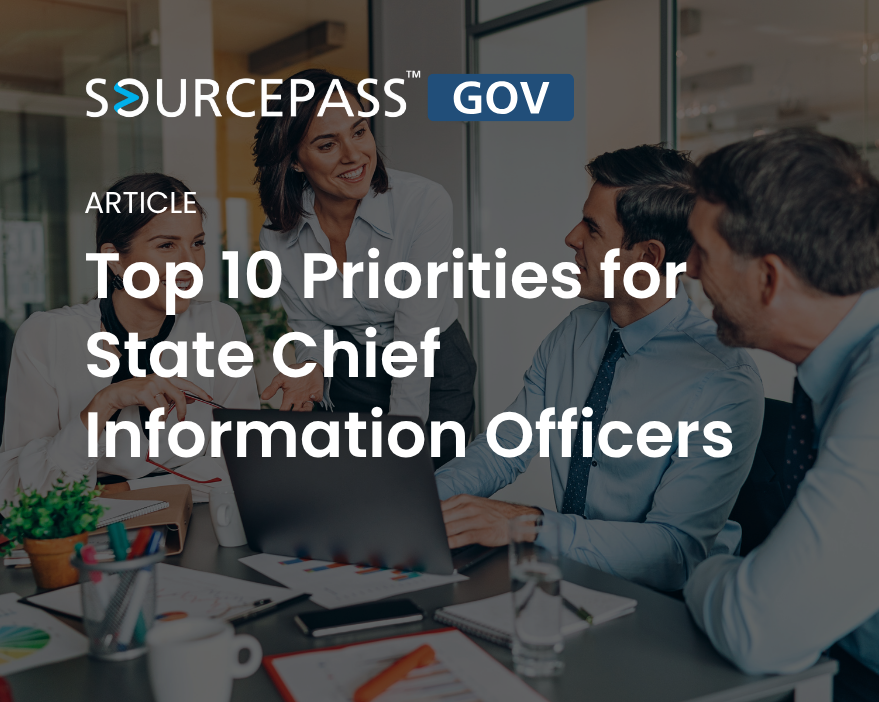
3 min read
More than halfway through 2025, state Chief Information Officers (CIOs) continue to navigate a dynamic landscape of technological advancements and...
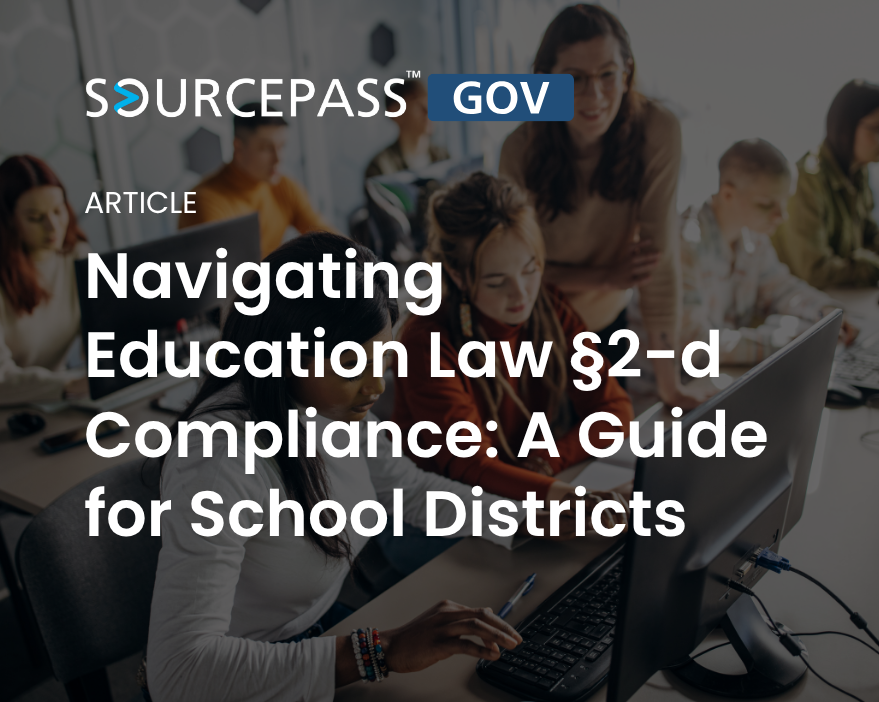
2 min read
Protecting student data is a top priority for school districts. New York's Education Law §2-d, enacted during the 2014-2015 fiscal year, sets forth...
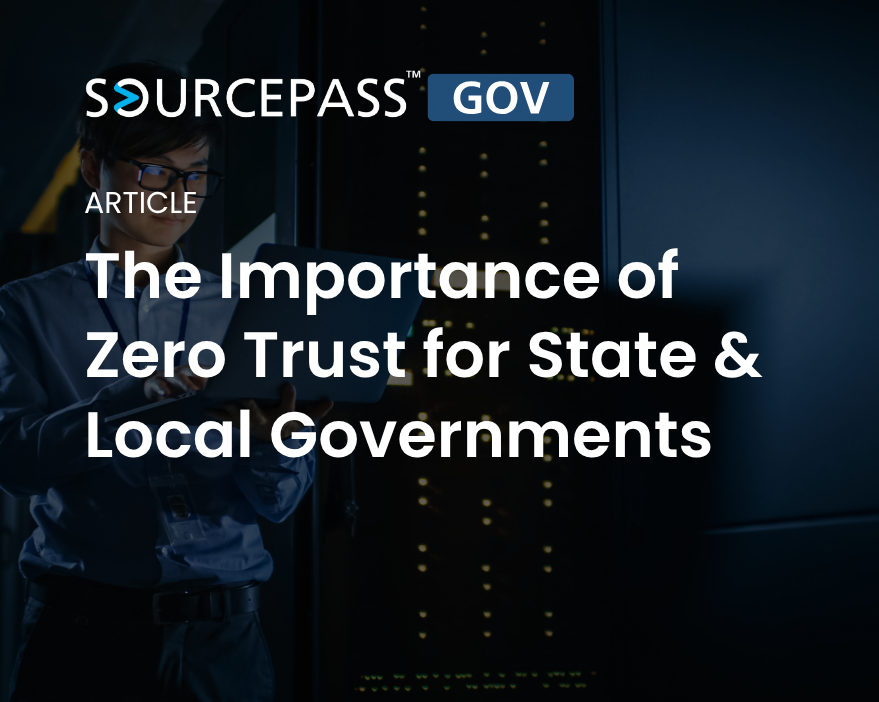
3 min read
Ransomware attacks are a significant threat to state and local governments. These attacks can cripple essential services, compromise sensitive data,...
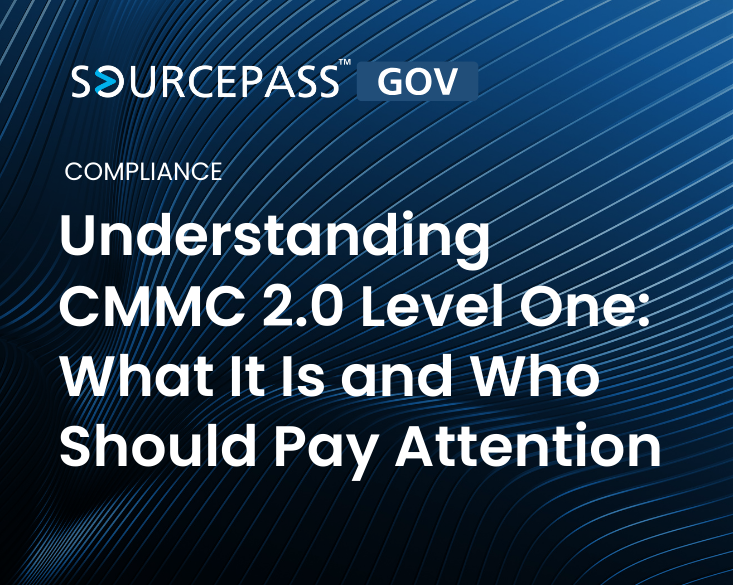
In November 2021, the Department of Defense (DoD) announced the transition from CMMC 1.0 to CMMC 2.0, streamlining the certification process and...
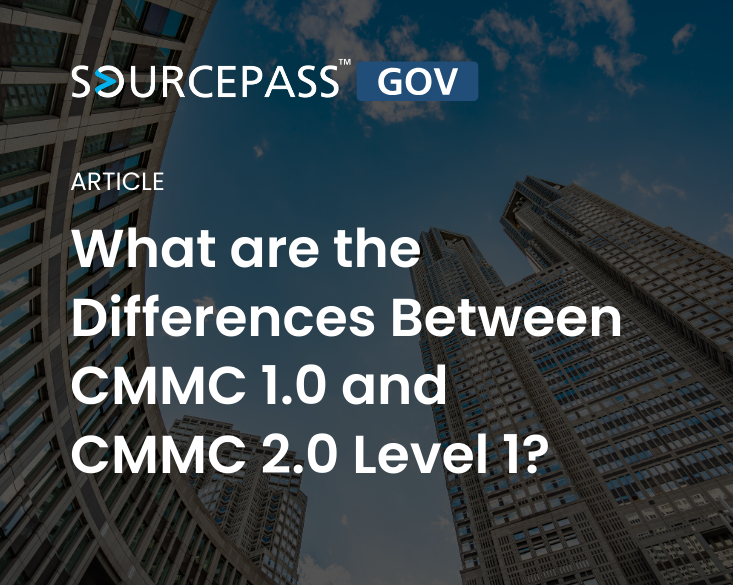
The Cybersecurity Maturity Model Certification (CMMC) framework underwent significant changes with the release of CMMC 2.0.
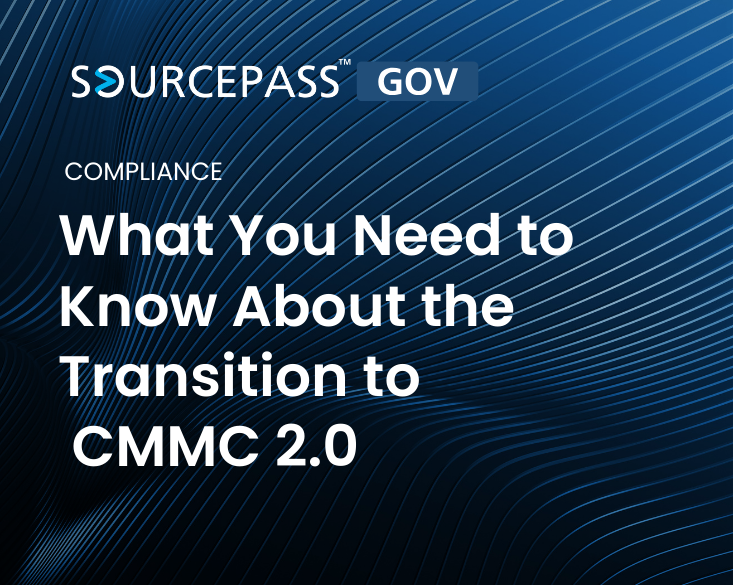
The Cybersecurity Maturity Model Certification (CMMC) 1.0 was a groundbreaking initiative introduced by the U.S. Department of Defense (DoD) to...